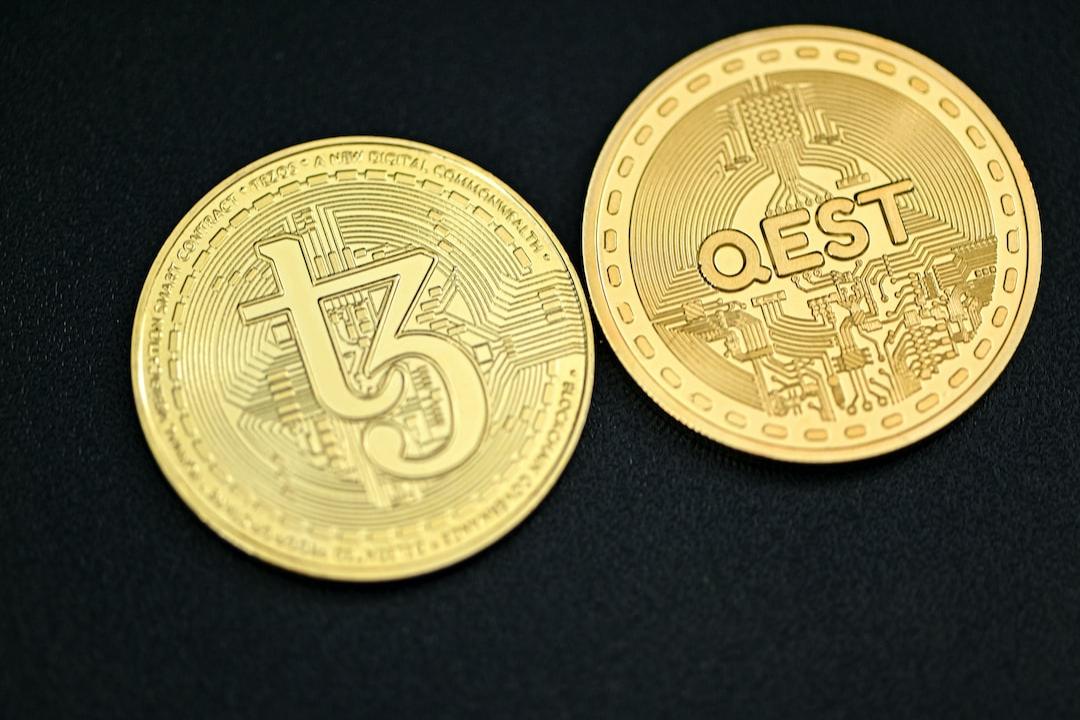Privacy advocates and regulators are increasingly concerned about the growing adoption of Worldcoin, an AI-focused identification project that has its own cryptocurrency. The project claims that over 5 million people have already participated in scanning their irises using a silver sphere the size of a bowling ball. Users are rewarded with 25 WLD, valued at around $115, and can also receive online ID verification. As of April 11, over 10 million people had signed up for Worldcoin’s World App. The project, founded by Sam Altman and CEO of OpenAI, aims to create a global financial and identity network based on proof of personhood. However, it has faced backlash from privacy advocates, including Edward Snowden. Despite using cryptocurrency and blockchain technology, Worldcoin has not received strong support from the crypto community and has faced bans from regulators in several countries due to concerns about the collection of biometric data. The safety of biometric data is a major concern for privacy advocates, as it is difficult to change or conceal. The project has faced investigations and bans from regulators in India, South Korea, Kenya, Germany, Brazil, Spain, and Hong Kong. Worldcoin has responded to regulatory pressure by offering more transparency and security measures, such as open-sourcing its software and implementing a privacy feature called “Personal Custody.” The company claims that no unencrypted copies of data exist once it is sent to the individual’s World App. It has also passed third-party audits and open-sourced the secure multiparty computation used in its biometric data system. The company will need to address regulators’ and users’ concerns to prove the safety and privacy of its product. However, regulators also need to improve their understanding of technology to effectively monitor these projects without resorting to blanket bans. Worldcoin acknowledges the need for increased understanding and is open to participating in conversations to debunk misconceptions. The controversy surrounding Worldcoin stems from its previous lack of transparency and trust in its technology, and the project must work to inform and convince the public and regulators that its protocol is private, safe, and beneficial.
Trending
- KiloEx Exchange Exploiter Restores All Stolen Funds Following $7.5 Million Hack
- Hashkey Targets XRP ETF in Asia with New Fund Supported by Ripple
- Sygnum Predicts Potential Altcoin Rally in Q2 2025 Due to Enhanced Regulations
- Media Tycoon Files Counterclaim Against Justin Sun in $78 Million Sculpture Dispute
- Yemenis are embracing DeFi in response to US sanctions on the Houthi group
- Saylor and ETF Investors’ ‘Stronger Hands’ Contribute to Bitcoin Stabilization — Analyst
- Bitcoin Dip Buyers Show Interest at BTC Range Lows, Yet Remain Risk-Averse Until $90K Establishes Support
- Kyrgyzstan’s President Enacts CBDC Legislation Granting Legal Status to ‘Digital Som’

